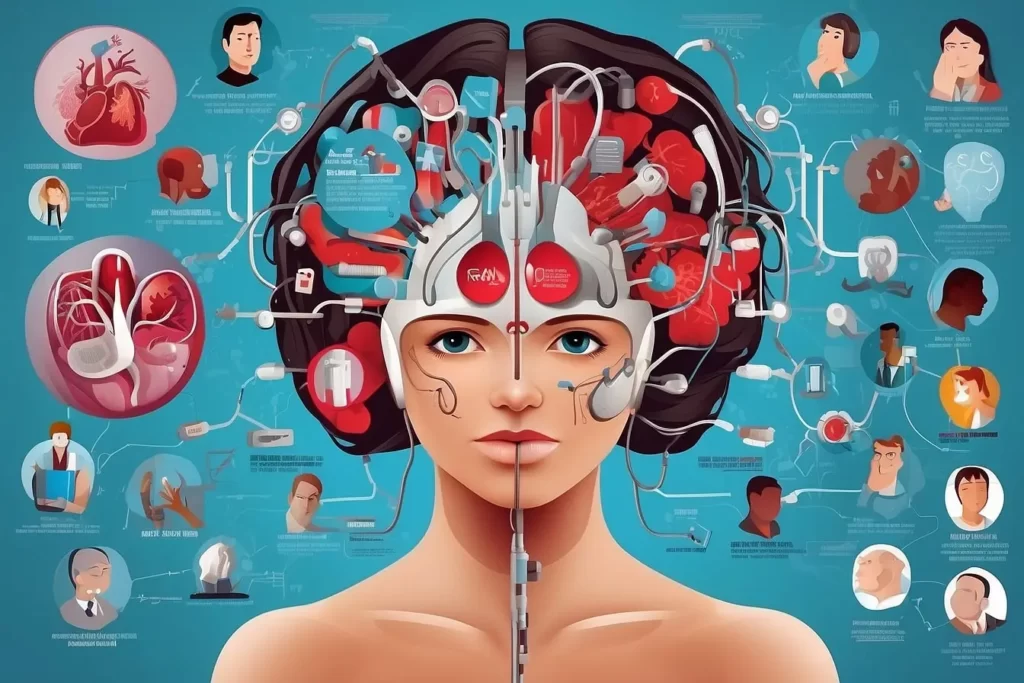
The world is changing rapidly, driven by technological advancements, evolving industries, and shifting global priorities. To remain competitive in the job market and ensure long-term career success, it’s essential to develop future-proof skills — those that will remain relevant and in demand even as industries transform. This article explores the critical skills you should focus on to stay ahead of the curve.
The Rise of Technology: Key Skills for a Digital Future
1. Artificial Intelligence (AI) and Machine Learning (ML)
AI and ML are revolutionizing industries, from healthcare to finance. These technologies power automation, personalized experiences, and predictive analytics. Professionals skilled in AI and ML are in high demand as organizations seek to leverage data for strategic decision-making.
Key Skills:
- Data modeling and analysis.
- Deep learning and neural networks.
- Programming languages: Python, R, Java.
- Tools: TensorFlow, PyTorch, Scikit-learn.
Why It’s Future-Proof: AI and ML applications are expanding, making expertise in these areas invaluable across industries.
2. Data Science and Analytics
With the explosion of data, organizations need skilled professionals to interpret complex datasets and uncover actionable insights. Data-driven decision-making has become the backbone of modern businesses.
Key Skills:
- Data visualization and storytelling.
- Statistical analysis and predictive modeling.
- Tools: SQL, Tableau, Power BI, Apache Spark.
Why It’s Future-Proof: Data is growing exponentially, and the need for skilled data professionals will only increase.
3. Cybersecurity
As cyber threats grow more sophisticated, organizations are prioritizing robust security measures. Cybersecurity professionals are essential for protecting sensitive information and ensuring compliance with regulations.
Key Skills:
- Ethical hacking and penetration testing.
- Risk management and threat analysis.
- Certifications: CISSP, CEH, CompTIA Security+.
Why It’s Future-Proof: Cybersecurity will always be a priority in a digital-first world.
4. Cloud Computing
The shift to cloud-based solutions has created a demand for professionals skilled in designing, managing, and optimizing cloud infrastructure.
Key Skills:
- Cloud architecture and deployment.
- Containerization (Docker, Kubernetes).
- Platforms: AWS, Microsoft Azure, Google Cloud Platform (GCP).
Why It’s Future-Proof: Cloud adoption continues to grow, and skilled professionals are vital for seamless integration.
5. Blockchain Technology
Beyond cryptocurrencies, blockchain is transforming industries like supply chain, healthcare, and finance by providing secure, transparent transaction methods.
Key Skills:
- Smart contract development.
- Cryptographic security.
- Platforms: Ethereum, Hyperledger, Solidity.
Why It’s Future-Proof: Blockchain’s potential to disrupt industries ensures ongoing demand for skilled professionals.
Strategic Business Skills for Tomorrow
1. Digital Marketing
Digital marketing is evolving rapidly, with businesses relying on online platforms to reach customers. Mastery of digital marketing strategies is critical for brand growth.
Key Skills:
- SEO/SEM and content strategy.
- Social media management and analytics.
- Tools: Google Analytics, HubSpot, Canva.
Why It’s Future-Proof: The digital space is the primary battleground for customer engagement.
2. Product Management
Product managers play a key role in bringing ideas to life by aligning teams and delivering customer-centric solutions.
Key Skills:
- Roadmapping and project management.
- UX/UI design understanding.
- Frameworks: Agile, Scrum.
Why It’s Future-Proof: The increasing complexity of products requires skilled managers to guide development.
3. Financial Literacy and FinTech
Understanding financial systems and emerging technologies like blockchain and digital payments is becoming essential.
Key Skills:
- Data-driven investment strategies.
- Cryptocurrency and decentralized finance (DeFi).
- Tools: QuickBooks, blockchain platforms.
Why It’s Future-Proof: Financial systems are constantly evolving with technology.
4. Sustainability and Green Skills
Sustainability is now a business imperative, with organizations integrating eco-friendly practices to meet consumer and regulatory demands.
Key Skills:
- ESG (Environmental, Social, Governance) compliance.
- Circular economy strategies.
- Carbon footprint analysis.
Why It’s Future-Proof: Global focus on sustainability ensures demand for green expertise.
Soft Skills: Timeless and Universal
1. Adaptability and Lifelong Learning
As industries evolve, the ability to learn new skills and adapt to changes is critical.
Key Approaches:
- Embrace continuous education through online platforms like Coursera and Udemy.
- Stay updated with industry trends and emerging technologies.
2. Emotional Intelligence (EQ)
EQ is increasingly recognized as a critical factor for effective leadership and collaboration.
Key Skills:
- Communication and conflict resolution.
- Empathy and interpersonal skills.
3. Critical Thinking and Problem-Solving
The ability to analyze complex problems and develop creative solutions is invaluable in any role.
Key Skills:
- Decision-making frameworks.
- Analytical reasoning and innovation.
4. Creativity and Innovation
Creative professionals drive progress by thinking outside the box and solving unique challenges.
Key Skills:
- Design thinking and ideation.
- Tools: Figma, Adobe Creative Suite, Miro.
Emerging Industry-Specific Skills
1. Healthcare Technology
From telemedicine to AI-driven diagnostics, healthcare is leveraging technology for improved patient outcomes.
Key Skills:
- Wearable tech and remote monitoring.
- Medical data analysis and interoperability.
2. Renewable Energy and Climate Tech
The transition to clean energy requires skilled professionals to develop and maintain sustainable systems.
Key Skills:
- Solar and wind energy systems.
- Energy storage solutions and smart grids.
3. Gaming and Entertainment
The gaming industry is thriving, with a growing need for developers and designers.
Key Skills:
- Game development and storytelling.
- Tools: Unity, Unreal Engine, Blender.
4. Supply Chain and Logistics
Digital transformation in supply chain management has created demand for tech-savvy professionals.
Key Skills:
- Supply chain automation.
- Tools: SAP, Oracle, RFID technologies.
How to Future-Proof Your Career
- Identify Your Interests: Focus on areas that align with your passions and strengths.
- Pursue Certifications: Gain credibility by completing relevant certifications.
- Build a Portfolio: Showcase your skills through projects and real-world applications.
- Network Actively: Engage with industry professionals via LinkedIn and events.
- Stay Agile: Keep learning and adapting to emerging trends.
Conclusion
Future-proofing your career requires a proactive approach to skill development. By mastering both technical and soft skills, you can position yourself as a valuable asset in any industry. The key is to embrace change, stay curious, and commit to lifelong learning. With the right skills, you’ll not only survive but thrive in the future workplace.






